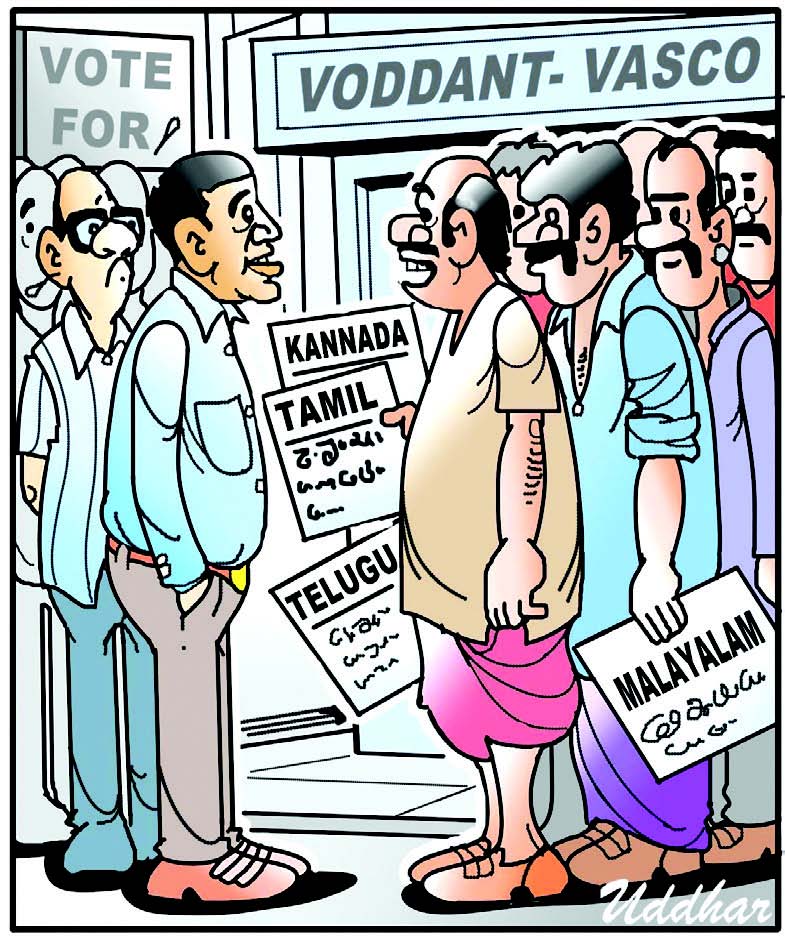24 Mar 2018 | 05:44am IST
Salt is Precious
The greatness of salt has been established from times immemorial. Once Queen Satyabhama fondly asked her better half Srikrishna, “How much dear am I for you?” And Krishna instantly replied “as dear as salt”. This answer of her husband made the queen angry and sad. She felt insulted as she was compared to an ordinary commodity like salt.
Lord Krishna knew the reason that made Satyabhama unhappy. Then while trying to convince her, he said, “Look dear , salt is invaluable. Without salt, foods become tasteless.” Further he added, “An ideal woman ought to be like salt. Salt by losing its own identity dissolves in any food and makes it tasty. Similarly, a true woman by her virtues of love and sacrifice, endeavours to make her family happy . This is why I compared you to salt.” These convincing words of Srikrishna satisfied the aggrieved Queen.
Salt gained popularity worldwide during Mahatma Gandhi’s historic Salt Satyagraha that took place in 1930. On March 12, 1930 a long march of thousands of Satyagrahis started from Sabarmati Ashram and after walking a long distance of more than two hundred miles reached Dandi, a place on the shore of Arabian Sea on April 5! Next day morning by entering the sea water, Gandhiji broke that unjust Salt Act.
Salt is universal. It enjoys unique significance in different languages of the world. In our Konkani language, several phrases and proverbs are formed on salt. The phrase “eating salt before rice“ means speaking something without properly thinking. In Marathi language, there is a proverb on salt meaning that the salt of a person one dislikes is tasteless. In Hindi Salt means ‘namak’. And while an ungrateful person is called ‘namak haram’, a grateful one is called ‘namak halal’. In English language, a person of great goodness and strength of character is called ‘the salt of the earth’ and a person who is good at his work is called “worth ones salt”.
Seas are salty. Because salt is present in their waters. Therefore sea water is not drinkable. Here, I am reminded of the agonies of the ancient mariner of poet Samuel Coleridge who lost his way in the ocean. The mariner was extremely thirsty. But he could not quench it though he was amidst waters. The poet writes “Water Water everywhere , but not a single drop to drink”!.
The Salty sea reminds me the days of the historic Opinion Poll of Goa. One journalist from Maharashtra argued then that the merger of Goa in Maharashtra was akin to meeting of river to sea. And the self respecting Goans then replied that they would not allow their sweet river to turn salty by merger. Like salt, sugar also gained importance during the poll propaganda. One Marathi dramatist argued then that merger of Goa in Maharashtra was like putting sugar in milk . He compared Maharashtra to a cup of milk and Goa to a pinch of sugar .
And the niz Goans again replied “Yes, you are right. Your cup of milk would be sweet. But what about our sugar? it would be dissolved . We would not allow the extinction of our beloved Goa.”!
But our topic here is not sugar. It is salt. Salt makes our food tasty. It is a good preservative and is cheaper too. Doctors say that salt is good for water retention and muscle contraction and contains nutrients vital to our bodies. One thing is certain. Salt adds taste to our life.
